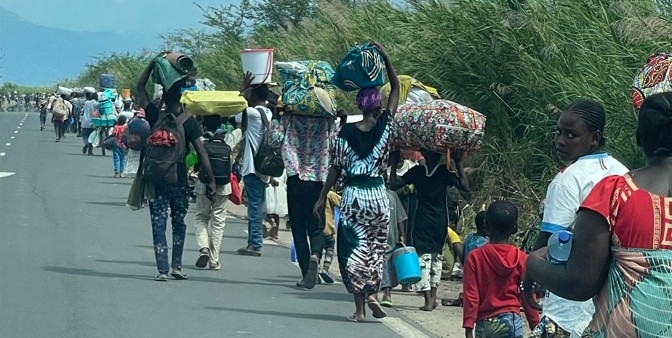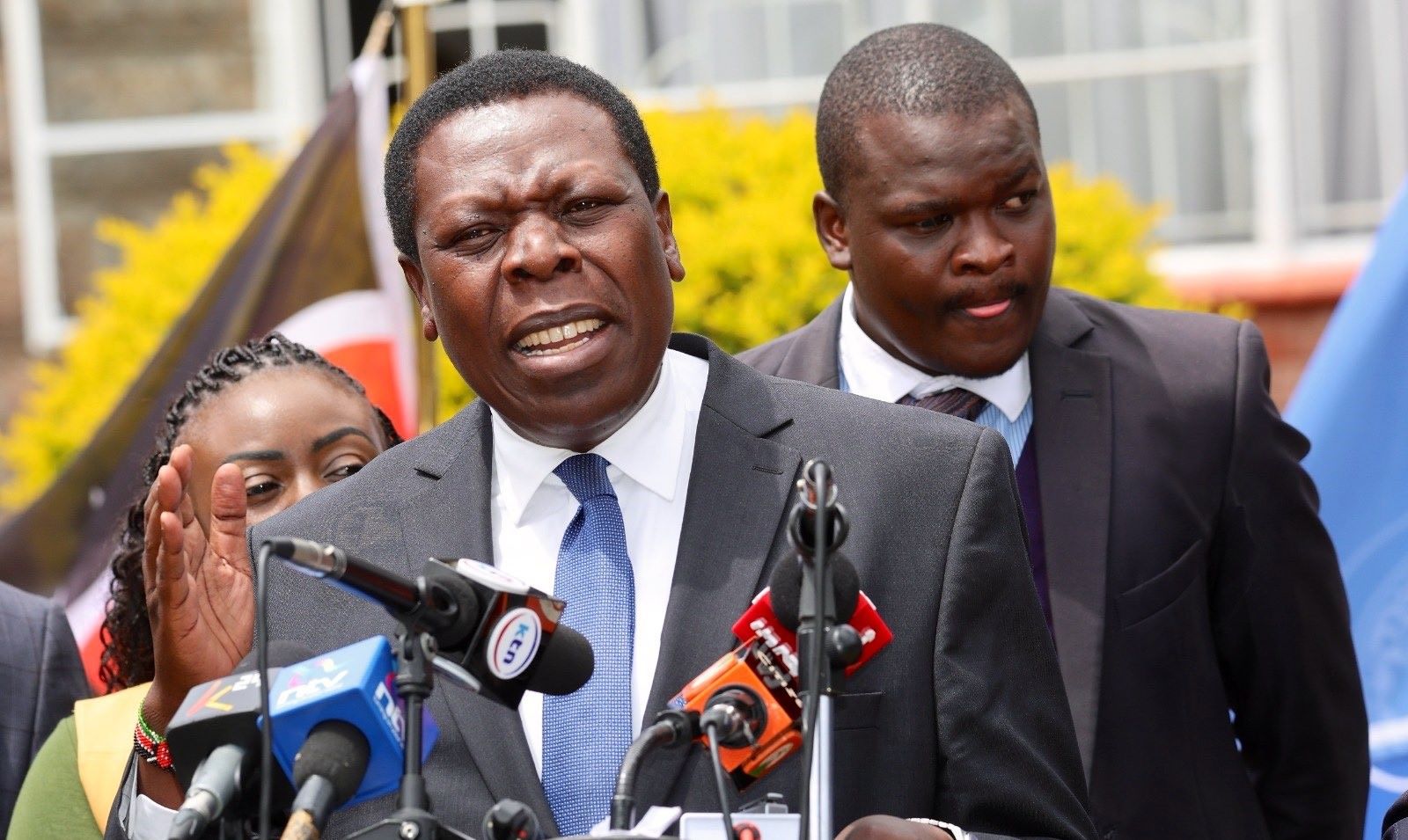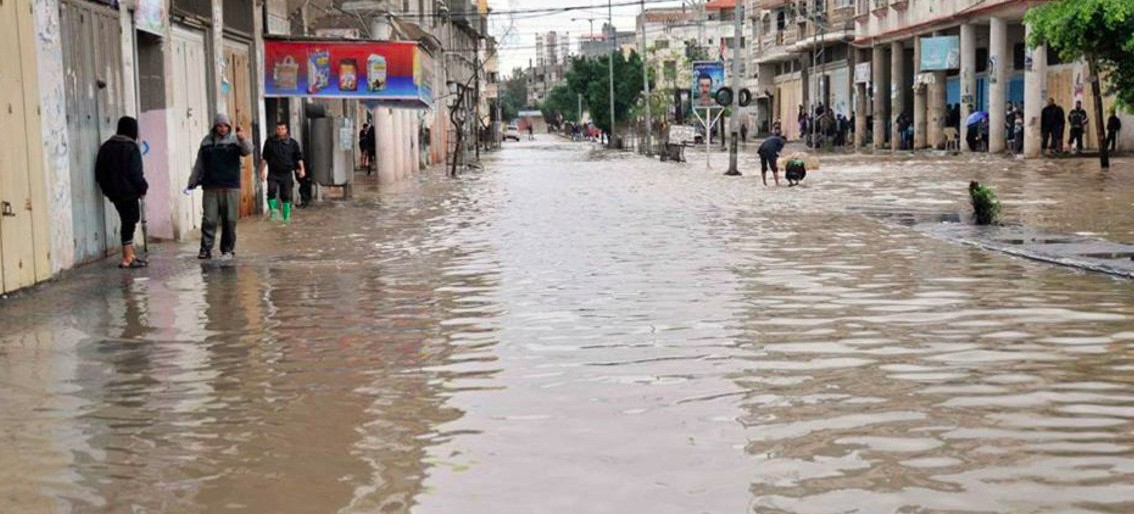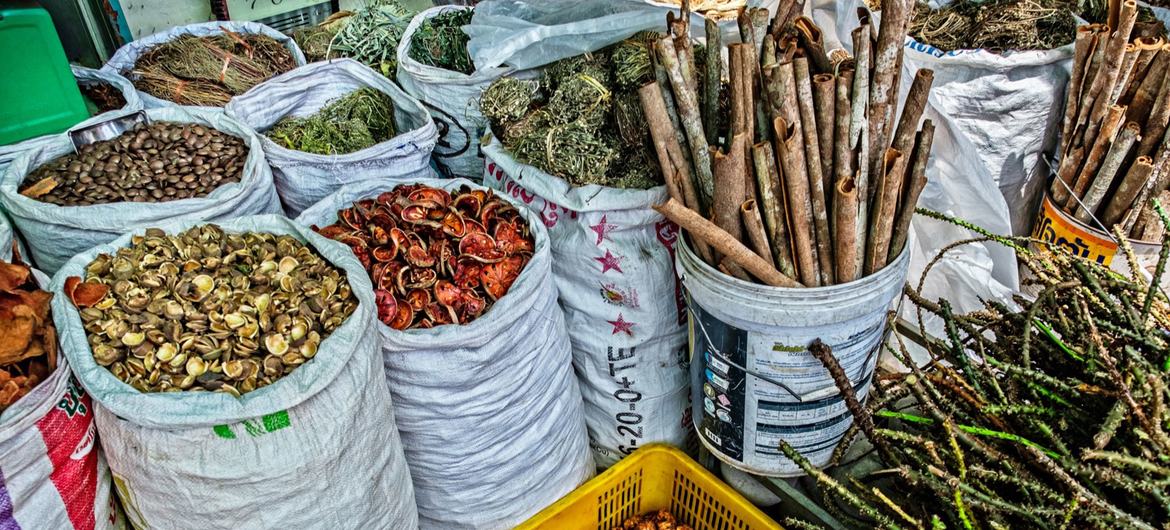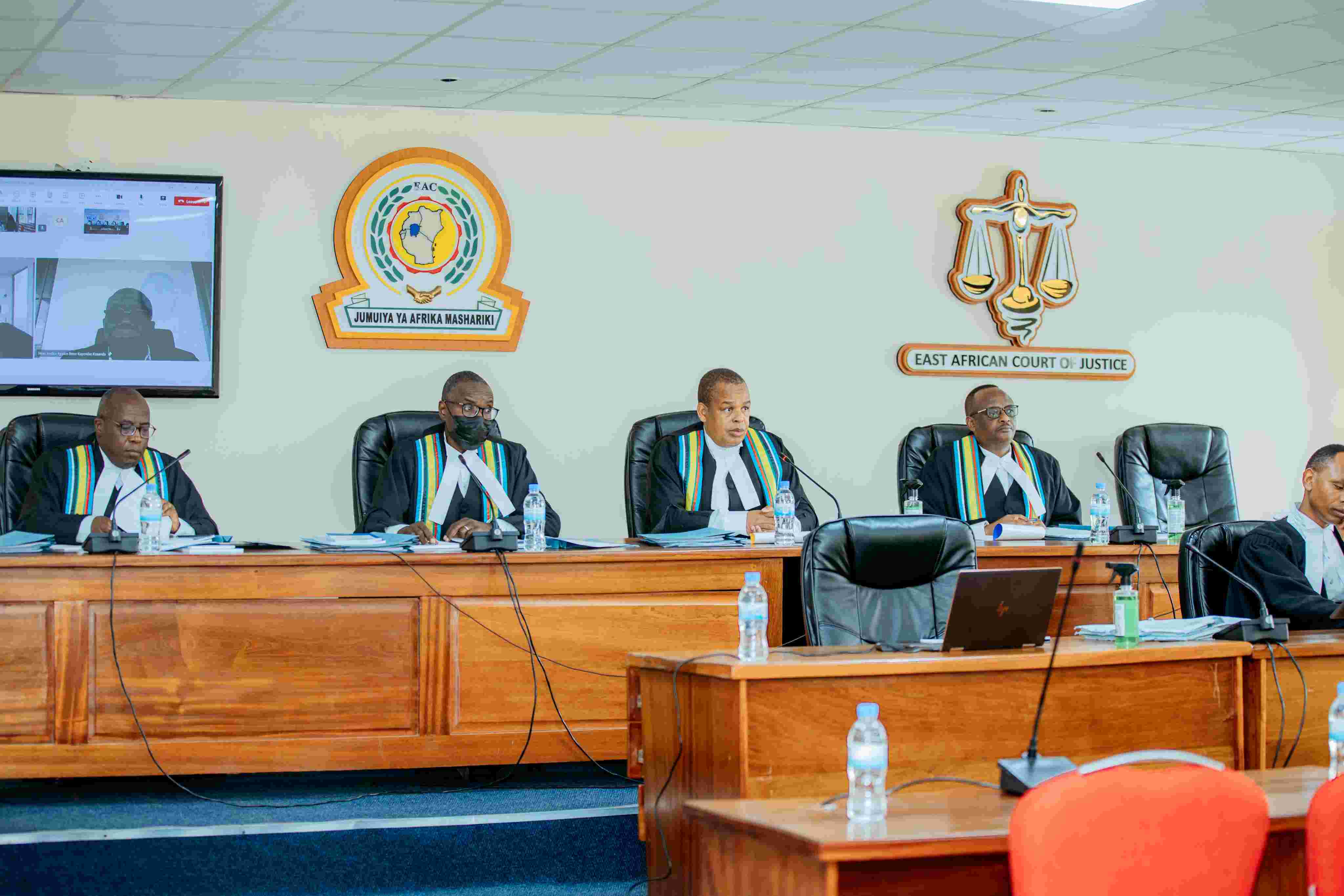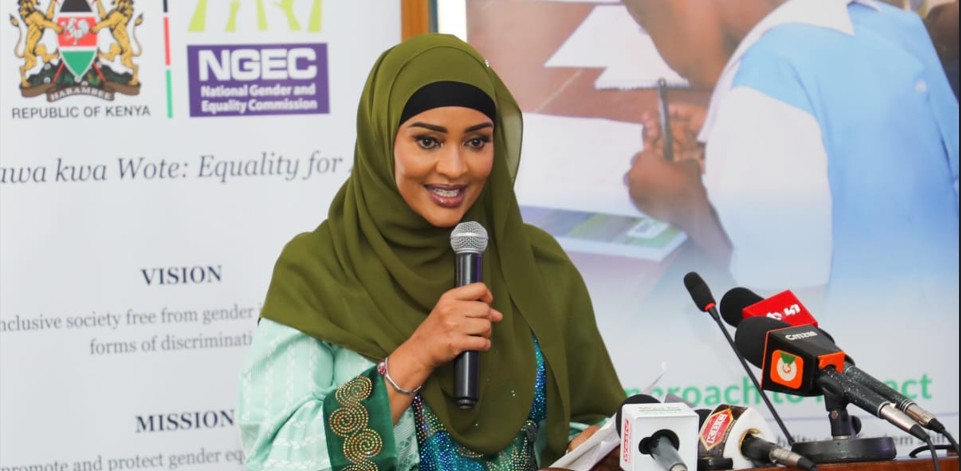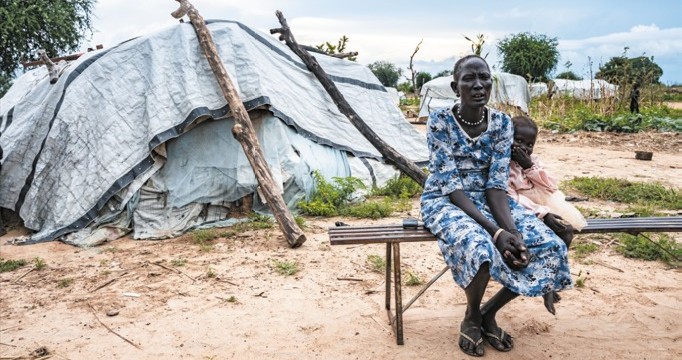Natural immunity vs vaccination: Why vaccines are the safer path to long-term protection
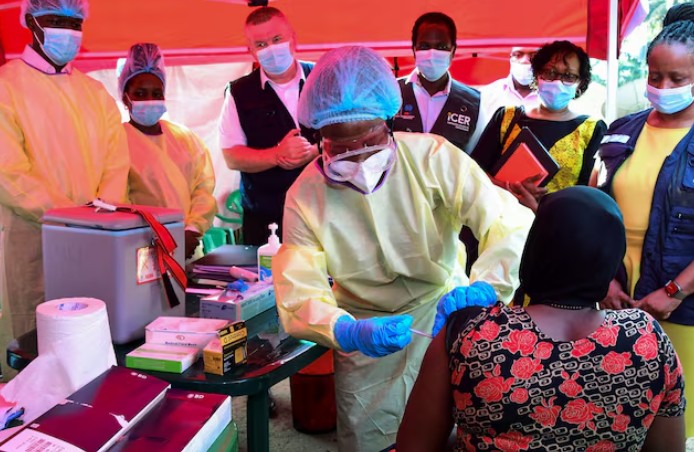
Vaccination is not only about protecting yourself; it's about protecting others who can’t defend themselves.
Some argue that getting infected with a virus like COVID-19 can help “naturally” strengthen the immune system and provide protection against future illness.
This belief is rooted in a genuine biological process: natural immunity, a form of active immunity that develops when the immune system learns to recognise and fight a pathogen following infection. As noted by the Centres for Disease Control and Prevention (CDC), after exposure to a virus, the body produces antibodies along with memory B and T cells, similar to the immune response triggered by vaccination.
More To Read
- Africa: A tentative start in mass vaccine production
- Kamukunji faces vaccine crisis as over 12,000 children miss routine immunisation
- Kenya vaccinates over 21 million children against typhoid, measles
- Fear, misinformation plague parents despite child vaccines shortage resolution
- Why gov't should put breaks on livestock vaccination plan - Veterinary doctors
- Alarm over rising measles cases in Kwale as child vaccinations drop
While natural immunity can offer protection—particularly against severe outcomes—relying on it is risky because one must first be infected to build immunity. This initial infection, especially with viruses like Covid-19 or during measles outbreaks, can lead to serious illness or even high mortality.
The World Health Organisation (WHO) reinforces this by stating that herd immunity, or population-level protection, should be achieved through vaccination, not by allowing a disease to spread uncontrolled. Allowing a virus to circulate freely would lead to unnecessary illness, strain on healthcare systems, and avoidable deaths.
To acquire natural immunity, a person must first be infected. That comes with serious risks. Covid-19 has caused over 7 million deaths globally since the start of the pandemic, according to WHO estimates. In many countries, unvaccinated individuals made up the vast majority of hospitalisations and deaths during major surges.
Even those who survive face risks of long Covid-19, a condition affecting up to 1 in 5 people, including previously healthy young adults. Symptoms such as chronic fatigue, brain fog, and respiratory problems can last months or years.
Standardised and safe
Natural immunity also varies greatly between individuals. People with mild or asymptomatic infections often develop weaker or shorter-lasting immune responses compared to those who were severely ill. In contrast, vaccines offer a standardised and safe way to train the immune system across diverse populations.
Moreover, reinfections have become increasingly common, especially with highly mutated variants like Omicron and its sub-lineages. These strains can partially evade immune protection, whether from past infection or vaccination. As a result, relying on previous infection alone does not reliably protect against new or future variants.
For instance, in the recent mpox (monkeypox) outbreak in the Democratic Republic of the Congo (DRC), approximately seventy per cent of cases occurred in children under 15, and this age group accounted for around eighty-five per cent of deaths. In 2023 alone, children under 15 represented sixty-five per cent of cases and seventy-five per cent of fatalities. In 2024, UNICEF estimated that more than 8,770 children were infected in the DRC, with roughly 463 of the 548 total deaths being children. This vulnerability is largely due to their immature immune systems, widespread malnutrition, and fragile health services."
A meta-analysis published in The Lancet in February 2023 evaluated 65 studies across 19 countries to assess the strength and duration of natural immunity against COVID-19. The study found that previous infection provided about 88 per cent protection against hospitalisation and death, lasting up to 10 months across major variants such as Alpha, Beta, and Delta.
However, protection against reinfection dropped sharply with Omicron. For the BA.1 variant, the protection against reinfection was only about 36 per cent, highlighting how the virus's evolution can undermine natural immunity.
Hybrid immunity
The study emphasised that hybrid immunity—gained through both infection and vaccination—offered the most durable and broad protection. But critically, this does not imply that infection should be pursued. Vaccination provides a safe, controlled route to immunity without the danger of illness.
High transmission rates accelerate viral mutation. Each infection gives the virus another chance to evolve. We've seen this with the transition from the original strain to Delta and later to Omicron; not everyone can safely acquire immunity through infection. People undergoing chemotherapy, living with autoimmune diseases, or taking immunosuppressive medications may not survive the virus, or may fail to develop a protective immune response even after infection. These individuals rely on the immunity of the broader population to stay safe.
Vaccination, therefore, is not only about protecting yourself; it's about protecting others who can’t defend themselves.
Before vaccines, measles was a leading cause of child mortality worldwide. While natural infection did provide lifelong immunity, it often came at a high cost: complications like pneumonia, encephalitis, and immune suppression were common.
With the introduction of the measles vaccine, global measles deaths dropped by over 80 per cent between 2000 and 2017, saving millions of lives. This history teaches us that natural immunity is real, but relying on it alone invites preventable suffering and death.
As vaccine scepticism rises, immunisation rates have declined in many regions since 2010, partly due to the belief that natural immunity alone is enough. History shows this is a dangerous misconception.
Take measles, for example. Before vaccines, it caused about 2.6 million deaths annually, mostly among children. While infection grants lifelong immunity, it often comes with severe complications like pneumonia and brain inflammation.
Measles resurging
Global vaccination efforts reduced measles deaths by 73 per cent between 2000 and 2018, saving over 23 million lives. But with falling vaccine coverage, measles is resurging, causing over 9 million cases and 136,000 deaths in 2022 alone.
Vaccine-preventable diseases cost African countries an estimated USD 13 billion each year, placing added pressure on already overstretched health systems and hindering economic development. Yet immunisation remains one of the most cost-effective health interventions, offering a return on investment of up to 37 times its cost.
Recently two of the world’s leading public health voices—Dr Tedros Adhanom Ghebreyesus, Director-General of the World Health Organisation (WHO), and Dr Jean Kaseya, Director-General of the Africa Centres for Disease Control and Prevention (Africa CDC)—voiced concern over the global decline in vaccination rates and the growing vulnerability to preventable disease outbreaks.
Speaking during World Immunisation Week in April 2025, Dr Tedros highlighted the scale of what’s at stake:
“Vaccines have saved more than 150 million lives over the past five decades,” he said. But he cautioned that these “hard-won gains” are under threat, warning, “Funding cuts to global health have put these hard‑won gains in jeopardy.” His message was clear: without sustained investment, the world risks reversing decades of progress in preventing deadly diseases like measles, polio, and diphtheria.
Africa's health security crisis
Echoing this concern from a continental perspective, Dr Jean Kaseya warned of the deepening health security crisis in Africa, particularly in light of abrupt reductions in international health aid. In a June 2025 interview with El País
“We are facing a serious risk of a pandemic emerging from Africa. The sudden cut in aid is a bad decision by Western countries, because the countries are not ready for the transition.”
Between 2010 and 2019, global coverage for essential vaccines began to plateau, and since then, it has declined in many countries. Measles vaccination rates, for example, have dropped in nearly half of all nations surveyed. Alarmingly, 21 out of 36 high-income countries—once considered leaders in immunisation—have reported decreased coverage for at least one routine childhood vaccine. Sub-Saharan Africa, including Kenya, has been especially affected by both the immediate and long-term consequences of the global vaccine delivery challenge.
Multiple studies show that vaccine hesitancy is driven by a mix of fear, mistrust, and misinformation. A 2024 review in Vaccines (MDPI) found that safety concerns and fear of side effects are the top barriers. This is echoed by a 2023 study in Egypt (JEPHA), where over 90 per cent of medical students cited worries about adverse effects and doubts about vaccine effectiveness.
Mistrust in governments and pharmaceutical companies, amplified by misinformation on social media, further reduces acceptance, as noted in a Lancet Commission report. Socioeconomic factors—like low education, income, and younger age—also correlate with hesitancy.
Other key barriers include limited access to vaccination sites and cultural or religious beliefs that discourage uptake.
Overall, the research shows that improving vaccine acceptance requires clear communication, community trust, and better access, not just vaccine supply.
Top Stories Today
